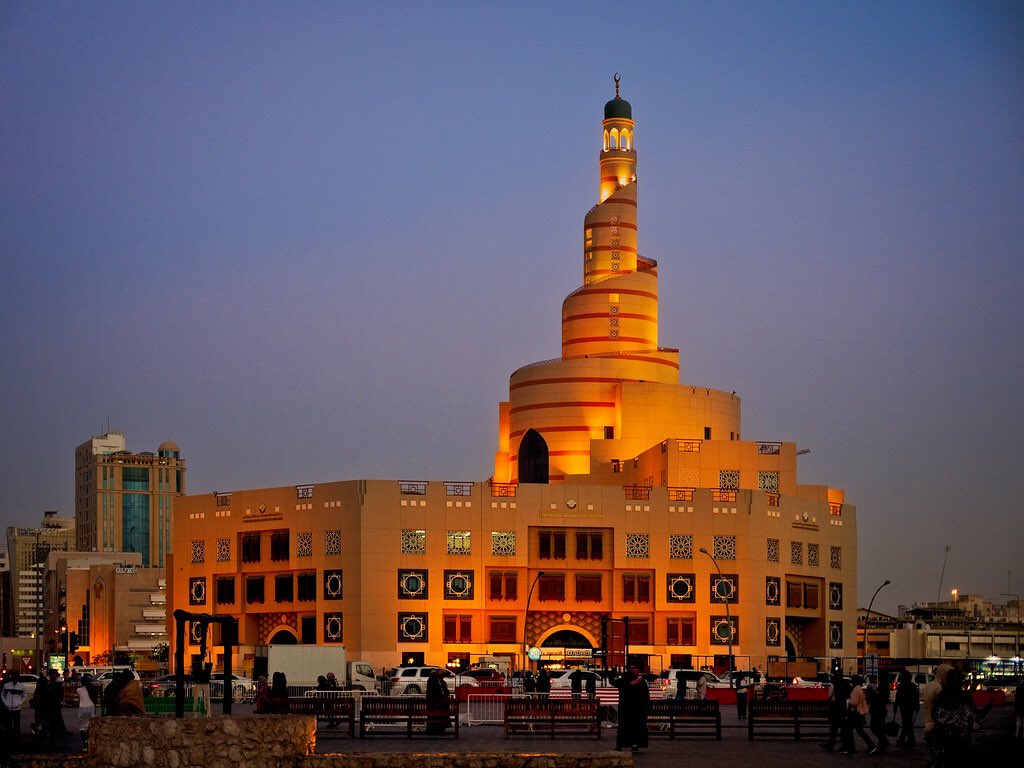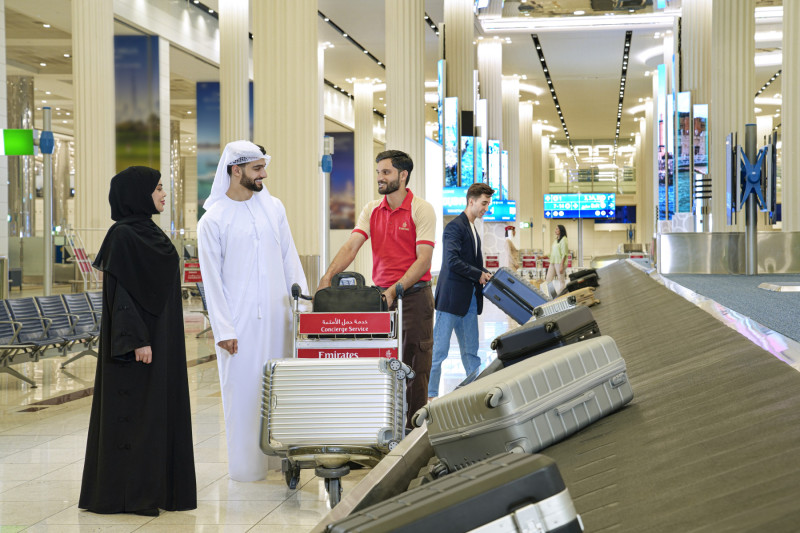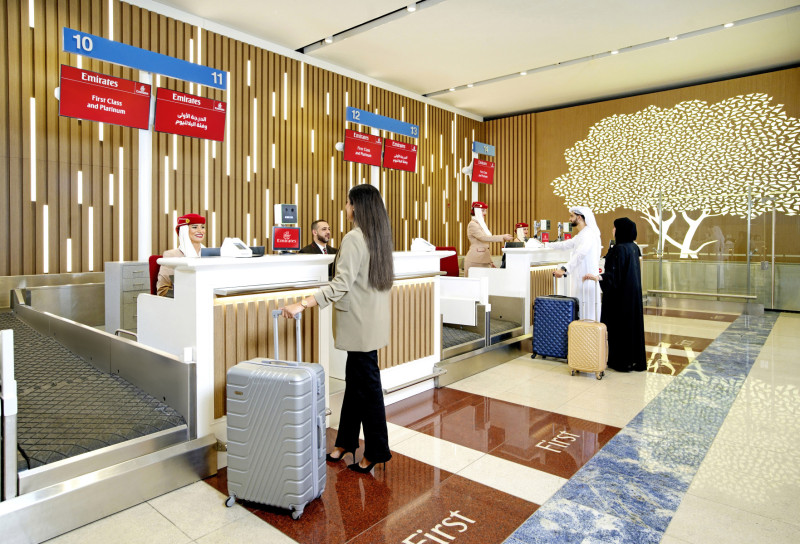
Qatar’s tourism sector has begun 2025 with impressive momentum, welcoming more than 1.5 million international visitors in the first quarter, according to official figures released this month. This figure, while slightly below the 1.6 million arrivals recorded in the same period last year, highlights the country’s sustained appeal and its successful efforts to position itself as a global travel destination.

The robust numbers come as part of a broader, long-term tourism strategy that leverages major events, strategic partnerships, and a diverse mix of destination experiences to attract travelers from around the world.
A closer look at the visitor demographics reveals Qatar’s broad international reach. In Q1 2025, 36 percent of arrivals were from Gulf Cooperation Council (GCC) countries, 28 percent from Europe, and 20 percent from Asia and Oceania. This balanced mix underscores the success of targeted marketing and ongoing efforts to diversify source markets beyond the region.
.jpg)
The country’s multi-access approach is also evident, with 51 percent of visitors arriving by air, 34 percent by land, and 15 percent by sea, reflecting the effectiveness of investments in aviation, road, and cruise infrastructure.
The Eid Al-Fitr holiday period was a particular highlight, with Qatar welcoming 214,000 visitors over eight days-a 26 percent increase compared to 2024 and the highest holiday figure in three years. Nearly half of these holidaymakers were from GCC nations, marking an 18 percent year-on-year rise from this key market.

Hotel occupancy during Eid soared to 77 percent, up from 67 percent last year, while the overall Q1 average was 71 percent with 2.6 million room nights sold. This surge in demand was driven in part by a packed events calendar, including the globally renowned Web Summit Qatar, the Doha Jewellery & Watches Exhibition, and the Qatar International Food Festival, all of which attracted hundreds of thousands of attendees and boosted hospitality revenues.

On the cruise front, Qatar’s 2024/2025 season saw 87 ship calls, up 19 percent from the previous year, and over 360,000 cruise visitors, marking a 4 percent annual increase. These figures underscore the country’s growing reputation as a regional cruise hub and its ongoing investment in port infrastructure and services.

The government is also making significant strides in diversifying its tourism offerings, with projects like the Simaisma development-a massive QR20 billion project featuring a theme park, luxury resorts, an 18-hole international golf course, a yacht marina, and high-end retail and dining-aimed at establishing Qatar as a premier global destination.
Looking ahead, industry analysts forecast a 3.5 percent year-on-year increase in arrivals for 2025, projecting a record 5.3 million visitors-up from 5.1 million in 2024. This growth is expected to be sustained through 2029, with arrivals projected to reach 5.7 million by the end of the decade, supported by strong demand from key markets such as Saudi Arabia, India, Germany, the UK, and the US.

Government and private sector initiatives continue to play a pivotal role, with new attractions, digital innovations, and expanded international cooperation, such as the recent tourism roadshow with Moscow and the launch of 14 weekly direct flights between Doha and Moscow.
Qatar’s long-term vision is clear: to position itself as a leading year-round destination and a central player in the global tourism landscape. The country’s third National Development Strategy (2024–2030) identifies tourism as a key pillar for economic diversification, with the ambitious goal of attracting six million visitors annually by 2030.

“The achievements of the first quarter of 2025 demonstrate some of the planned outputs of our long-term approach to tourism development,” said Saad Bin Ali Al-Kharji, chairman of Qatar Tourism. “We are excited to have welcomed 1.5 million in Q1 and look forward to welcoming more guests throughout this year,” he added.

With a dynamic events calendar, ongoing infrastructure development, and a relentless focus on visitor experience, Qatar is well on its way to achieving its tourism milestones. The country’s strategic investments, world-class events, and ambitious development projects are reinforcing its status as a leading global destination and a key player in the international tourism landscape.

In summary, Qatar’s tourism sector is not only recovering from the pandemic but is now entering a new phase of sustainable, diversified growth. The country’s strategic investments, world-class events, and ambitious development projects are reinforcing its status as a leading global destination and a key player in the international tourism landscape.














.jpg)








.jpg)




.jpg)



























